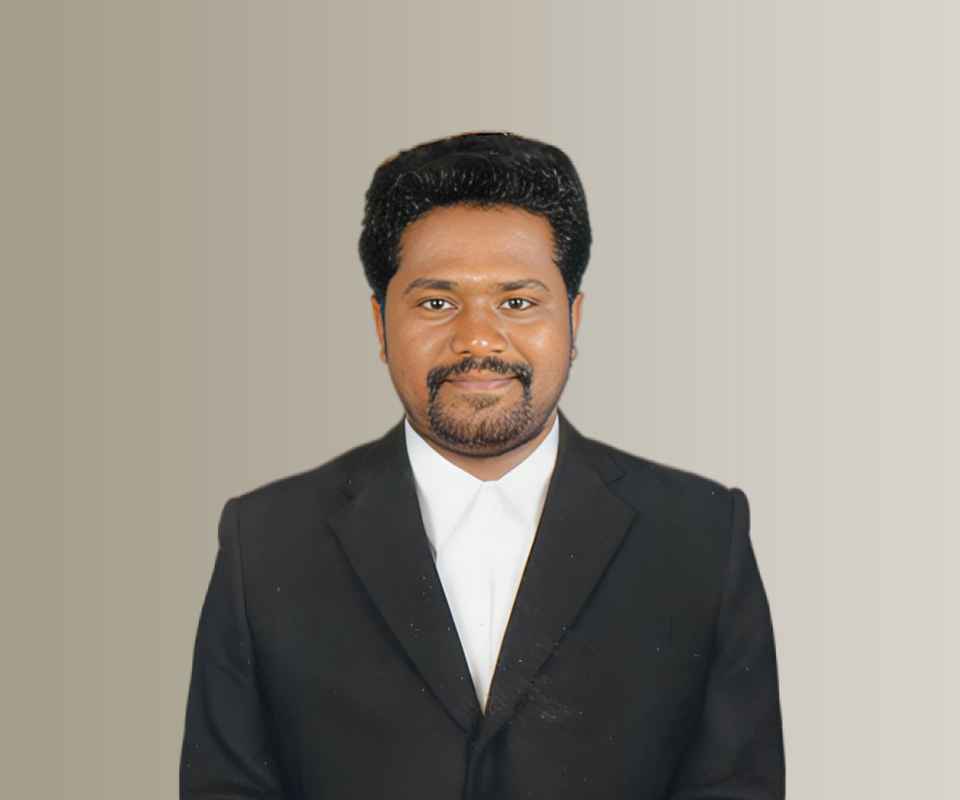Answer By law4u team
When a worker dies as a result of a work-related injury or illness, their surviving family members may be eligible to receive workers' compensation benefits. These benefits, known as death benefits, are intended to help the family cope with the loss of income and provide financial support following the death of the worker.
Who Can Claim Workers' Compensation After a Worker’s Death?
Spouse and Children: The surviving spouse and children of the deceased worker are typically the primary beneficiaries of workers' compensation death benefits.
Spouse: The surviving spouse may be entitled to receive a portion of the benefits, which could include financial support to cover lost income.
Children: Dependent children, typically under the age of 18 or up to 25 if they are still in school, may receive benefits to cover their living and educational expenses.
Other Dependents: If there are no surviving spouse or children, other dependents, such as parents or siblings who relied on the deceased worker for financial support, may also be eligible for death benefits.
Nominees and Beneficiaries: If the worker named a beneficiary for their workers' compensation benefits (such as a life insurance payout or other financial assets), that person may also be entitled to a portion of the benefits.
Steps to Claim Workers' Compensation Death Benefits
Notify the Employer or Workers' Compensation Insurance: The family should promptly inform the employer or the workers' compensation insurance carrier of the worker's death, providing all necessary details, such as the cause of death and medical records.
Submit a Death Claim: The family must file a formal death claim with the workers' compensation board or the insurance provider. This claim typically requires documentation such as the worker’s death certificate and evidence of the work-related cause of death.
Provide Proof of Dependency: In some cases, family members must provide proof of dependency. This could include documentation that shows the family member relied on the deceased worker for financial support.
Legal Assistance: In more complex cases, such as disputes over the cause of death or the division of benefits, the family may need to consult an attorney specializing in workers' compensation law to ensure they receive the appropriate benefits.
What Benefits Can the Family Receive?
Funeral Expenses: Workers' compensation may provide financial assistance to cover funeral and burial expenses. These expenses typically have a limit, and the amount may vary depending on state laws.
Wage Replacement Benefits: The surviving family members, such as a spouse or dependent children, may receive compensation to replace the lost wages of the deceased worker. This is meant to help the family maintain their standard of living following the worker’s death.
Ongoing Support: The family may continue to receive workers' compensation payments for a period of time, often until the dependent children reach adulthood or the surviving spouse remarries (depending on state laws).
Lump-Sum Payment: In some jurisdictions, the family may be entitled to a lump-sum payment instead of ongoing benefits, depending on the severity of the worker’s death and the amount of workers' compensation available.
Legal Actions and Protections
Workers' Compensation is Typically the Exclusive Remedy: In most cases, workers' compensation is the exclusive remedy for work-related injuries and deaths. This means that the family cannot sue the employer for additional damages unless there is proof of gross negligence or intentional harm.
Third-Party Lawsuits: If the worker’s death was caused by the negligence or actions of a third party (e.g., a manufacturer of defective equipment or a subcontractor), the family may have the right to pursue a personal injury lawsuit against that third party in addition to receiving workers' compensation death benefits.
Example:
A construction worker is tragically killed in a fall while working on a building site. The worker’s spouse and two children are eligible to claim workers' compensation death benefits.
- The spouse files a claim with the workers' compensation board, providing the worker’s death certificate and documentation proving that the death was work-related.
- The family is eligible to receive compensation for funeral expenses, and the spouse receives ongoing wage replacement benefits to help support the family.
- If the worker’s death was caused by faulty equipment, the family could pursue a third-party lawsuit against the manufacturer of the equipment, in addition to receiving workers' compensation.







